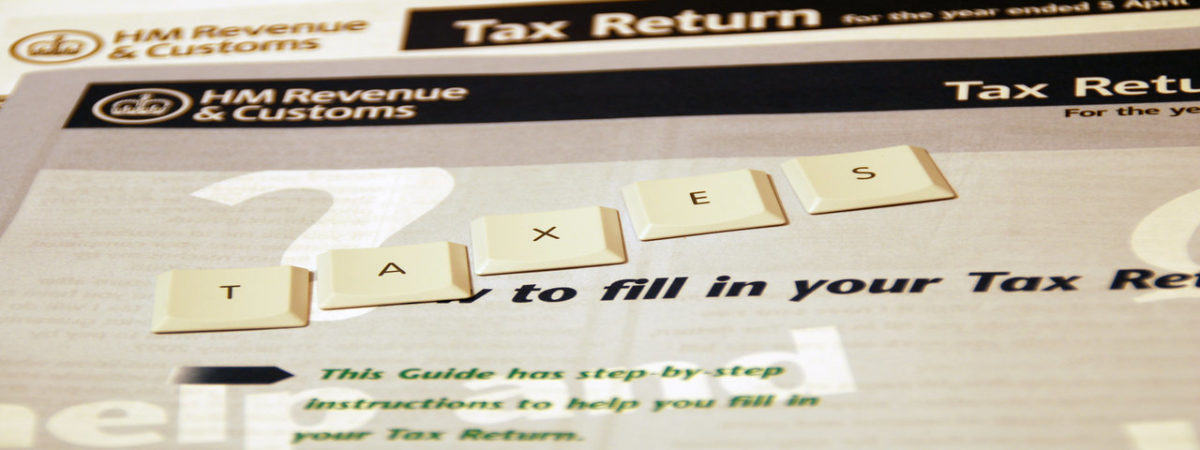Closing Time: Who’s killing the British pub?
SUGGESTED

Policymakers have continued to sidestep the fact that we have been let down by a chaotic and inefficient tax system

An update from the IEA on our work and successes during 2014

A new study into the causes behind a decline in the pub industry
- The UK has lost 21,000 pubs since 1980. Half of these closures have taken place since 2006. This paper examines the likely causes of the recent surge in closures.
- Taxation, regulation and the recent decline in disposable incomes are the leading causes of the decimation of the UK pub industry since 2006, responsible for around 6,000 pub closures. The smoking ban and the alcohol duty escalator are particularly culpable.
- Long-term cultural changes have been responsible for a further 4,000 pub closures. Other factors, such as the decline in alcohol consumption, may have played a part, but we cannot rule out reverse causality, particularly with regards to the exceptionally large decline in beer consumption.
- The blame attached to the beer tie has been greatly overstated. There is little evidence that pubs owned by PubCos have been closing permanently at a faster rate than those in the rest of the sector.
- The statutory code proposed by the Department for Business, Innovation and Skills will not stem the tide of pub closures because it aims impractical solutions at the wrong target. A better approach would be to reduce alcohol duty, relax the smoking ban, reduce VAT to 15 per cent and lower it further for food sales, abolish cumulative impact zones and scrap the late night levy.
The publication was featured in The Daily Telegraph, The Daily Mail and CityAM. Chris’s blog on the paper also appeared on ConservativeHome.
To read the press release, click here.
2014, Briefing Paper 14.08




